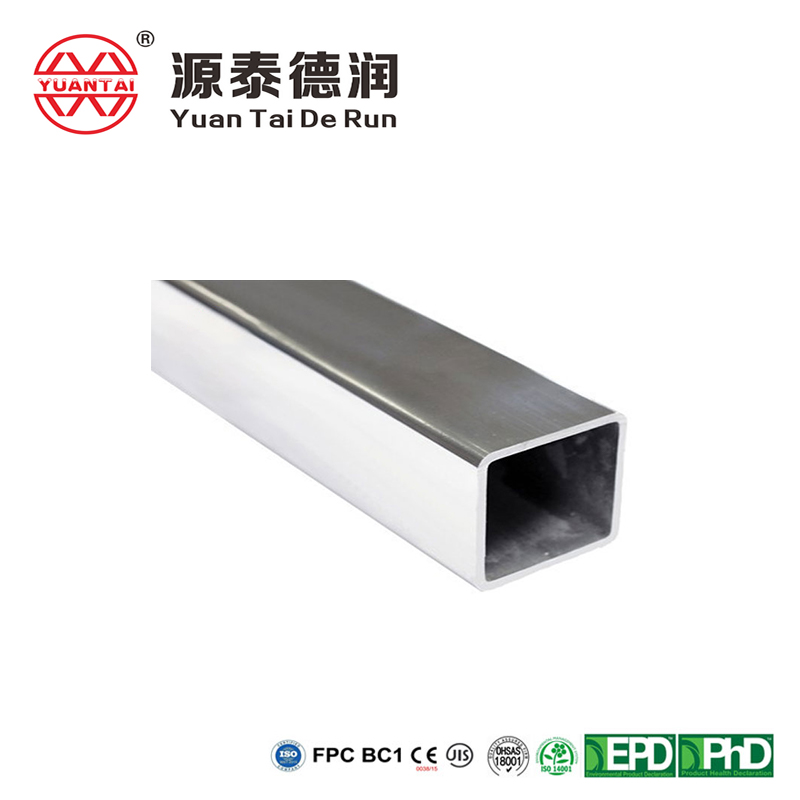

Galvanized steel pipes are widely recognized for their exceptional durability and corrosion resistance, making them a popular choice in various industries. These pipes are coated with a layer of zinc, which not only protects the underlying steel from corrosion but also enhances the pipe's overall strength. The manufacturing process of galvanized steel pipes involves several key steps, including cleaning, pickling, galvanizing, and inspection, to ensure a high-quality and reliable product.
Different Standards of Galvanized Steel Pipes
The standards for galvanized steel pipes vary by country and organization, dictating the size, material, production method, and testing procedures. Some of the prominent standards include:
·ASTM International (American Society for Testing and Materials): This organization sets standards like ASTM A53, which covers seamless and welded black and hot-dipped galvanized steel pipes. It includes specifications for pipes ranging from 1/8 to 26 inches in nominal sizes.
·ANSI (American National Standards Institute): ANSI defines standards such as Schedule 40, which refers to the wall thickness of the pipe. Schedule 40 pipes are commonly used in plumbing, water supply systems, and general construction due to their relatively thick walls that provide added strength and durability.
·GB (China): Chinese standards like GB/T 8162-2018 and GB/T 8163-2018 specify seamless steel tubes for structural and fluid transport purposes, respectively.
·JIS (Japan): Japanese Industrial Standards include specifications like JIS G3452 for carbon steel pipes used in ordinary piping applications.
·DIN (Germany): German standards such as DIN 2440 and DIN 2441 cover steel tubes suitable for screwing, with different weight categories.
Galvanized steel pipes offer a range of benefits that make them ideal for many applications:
· Exceptional Durability: The zinc coating acts as a sacrificial layer, protecting the steel from corrosion and extending the pipe's lifespan.
· Corrosion Resistance: Galvanized pipes can withstand harsh environmental conditions, including moisture and chemicals.
· Longevity: With superior corrosion resistance, these pipes can last up to 50 years or more, reducing the need for frequent replacements.
· Low Maintenance: The self-healing zinc barrier ensures that minor scratches or abrasions do not compromise the pipe's integrity, requiring minimal maintenance.
· Versatility: Suitable for a wide range of applications, including water supply systems, plumbing, gas pipelines, outdoor structures, and more.
· Cost-Effective: Despite a potentially higher initial cost, the long lifespan and low maintenance requirements make galvanized steel pipes a cost-effective choice in the long run.
Galvanized steel pipes are used extensively in various applications due to their corrosion resistance and durability:
· Water Supply Systems: Used for transporting potable water in residential and commercial buildings.
· Plumbing Systems: Commonly employed for plumbing installations due to their durability and reliability.
· Gas Pipelines: Ideal for gas pipelines as they can withstand pressure and provide a secure conduit for natural gas distribution.
· Outdoor Structures: Popular for structures like handrails, fences, guardrails, and signposts due to their corrosion resistance.
· Irrigation Systems: Suitable for irrigation systems because of their ability to withstand exposure to moisture and soil conditions.
Understanding the different standards and the benefits of galvanized steel pipes can help in making informed decisions when selecting materials for construction and plumbing projects. These pipes provide a robust and cost-effective solution for a variety of applications, ensuring reliability and longevity.